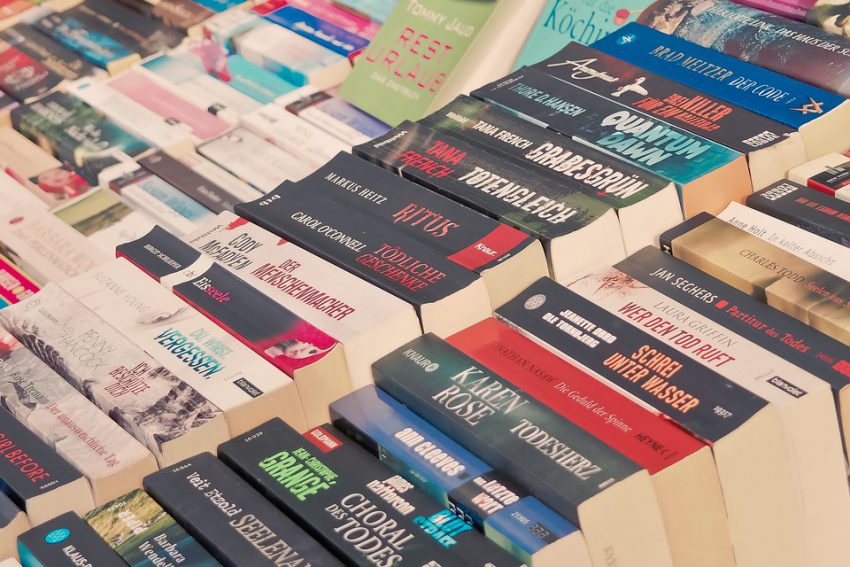23 April is a symbolic date for world literature. It was on this day in 1616 that Cervantes and Shakespeare died. It was first proclaimed as World Book and Copyright Day in 1995 by UNESCO.
It is observed by millions of people in over a hundred countries, enabling people from all over the world, from many different cultural backgrounds to discover, make the most of and explore in greater depth a multitude of aspects of the publishing world: books as vectors of values and knowledge, and depositories of the intangible heritage of human civilization; books as windows onto the diversity of cultures and as tools for dialogue; books as sources of material wealth and copyright-protected works of creative artists.

The Magic of Reading
Reading is a way to explore the world, while writing is the creative process of making new worlds. After making fire, the written word is humanity’s most important invention (be sure to the Sumers for that, who around 3,100 BC started writing on clay tablets in cuneiform script), as it not only made written records and numerical calculations possible (both of these things essential cornerstones of civilization), but ever since its introduction to our collective technological inventory, it also enabled us to experience time in a different manner. In our everyday life, written words can bridge a gap 5,000-years wide between past and present, compress all the wisdom of a 60-year old man into a book that you can read in less than a week, and can ensure the continued survival of your thoughts after you’re gone, just like your genes do when you have children.

The Power of Writing
Until the development of writing, a society’s knowledge was limited to what each of its members could remember: all it took for an information to completely disappear from the face of the earth is a faulty memory or a person to die without having passed on what they knew. With the introduction of recording information first through basic pictograms and then phonetic scripts, the rate of technological innovation was speeded up immensely, as knowledge no longer had to be rediscovered. It’s worth remembering that some of mankind’s greatest feats of literary prowess, like the Bible, Homer’s epic poems and the Vedic texts of Hinduism are all rooted in oral tradition, and were recorded in writing later on.

Both reading and writing will help you communicate your thoughts more easily, as exercising the former activity you’ll have a bigger vocabulary and a broader, deeper understanding of the world, while the latter will extend your memory and let you process your thoughts and actions better, making you more productive and successful in whatever you do. Writing teaches you how to think, and actions based on thinking result in greater success, whether it’s a pay rise you want, a debate to win, or a conflict to resolve. The pen is mightier than the sword for a reason. If you want to have a life that’s characterized by originality, capability and productivity, start reading whatever that catches your interest, and start writing down your thoughts about things that interest you.




